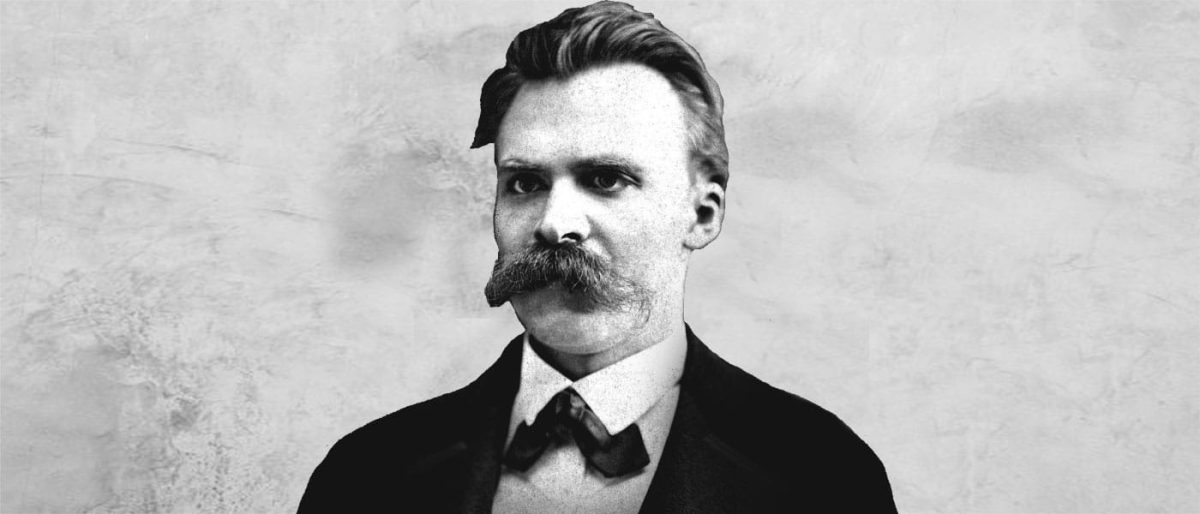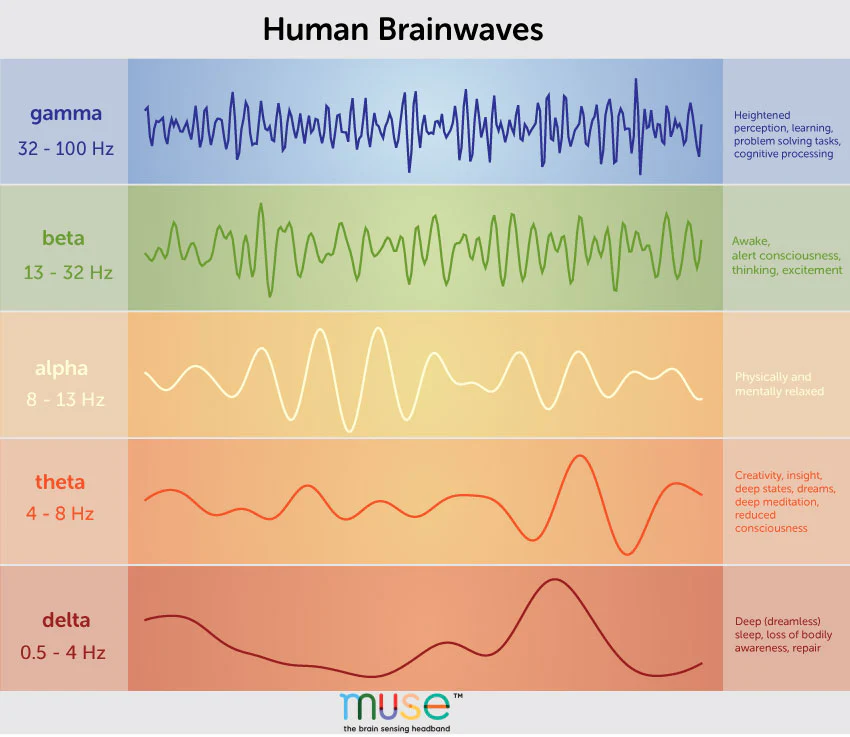In a world governed by science, myths seem to be placed on the opposite of modernity and logic, because no scientific evidence can prove them true. However, German philosopher Friedrich Nietzsche considered myths the core of a culture’s creativity since they foster life values. In his book, The Birth of Tragedy, Nietzsche proposed the spirit of the Greek god Dionysus, the Dionysian spirit, to convey his contemplation on life. He later described this attitude as a form of “Dionysian pessimism,” an approach that, while acknowledging misfortune, still believes that happiness is everywhere. Nietzsche’s Dionysian spirit affirms life with strength and optimism.
Dionysian spirit, considered the foundation of great Greek tragedies by Nietzsche, refers to humanity’s irrationality and unity. Nietzsche chose Dionysus, the god of wine, theater, and desire, because he embodies the revelry and catharsis humans naturally pursue. When listening to the satyr chorus and enjoying the unrestrained dances, every participant finds themselves in a state of ecstasy regardless of their social class, economic status, or cultural differences. This pure stage of focusing on the temporary connection between people and nature erases the existence of individuals, leaving the feeling of a primal unity beyond identity.
Dionysian is often contrasted with the Apollonian spirit, which honors the beauty of individuation, rationality, and order. The wine god represents invisibility, taking music and dance’s enthusiastic, formless spirit, while the sun god represents tangibility, like poetry and sculpture. These two spirits reflect two poles of art: concrete artistic expressions giving spirit a form, and abstract spiritual mindset giving form a soul. Though seemingly opposite, they combine to create something that transcends both. The reflection from mythical spirits shines upon cultural values. As Nietzsche emphasized, “the rise of Greek civilization and Greek art went hand in hand.” Dionysian and Apollonian relate to art, but also to broader life values. True art balances Apollonian order with Dionysian freedom, rational knowledge with pure sensibility, and this balance is what modern people should learn.
Nietzsche can be seen as an optimistic pessimist. He believed that witnessing tragedy can offer fulfillment and in the conviction that life, despite its suffering, remains worth affirming. This realistic optimism recognizes sorrow and loss as part of the human condition, including inevitable death. Through the Dionysian spirit, Nietzsche encourages individuals to create their own values and live with passion, actively seeking joy beneath the surface. Dionysian spirit briefly frees individuals from the fear of death, like forgetting pain when immersed in a story. And Dionysian tragedy, as Nietzsche writes, acknowledges the terrors of death and existence, yet offers metaphysical consolation. In this way, myth helps humans accept pain and find meaning in being. Rather than opposing science, myth offers a spiritual counterweight, a balance that leads to a deeper understanding of life and a more joyful way of being.




